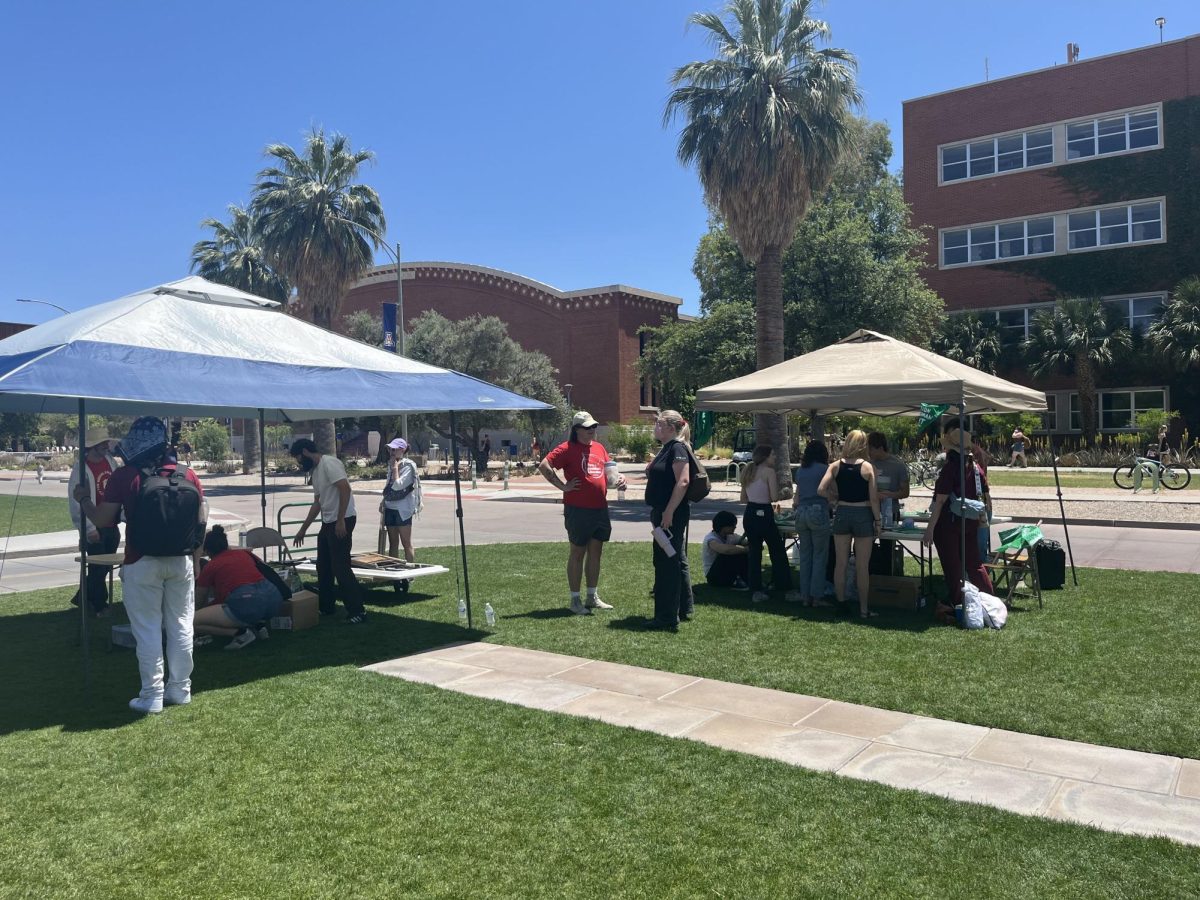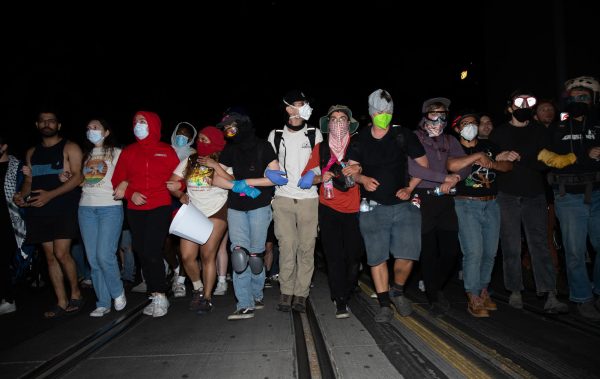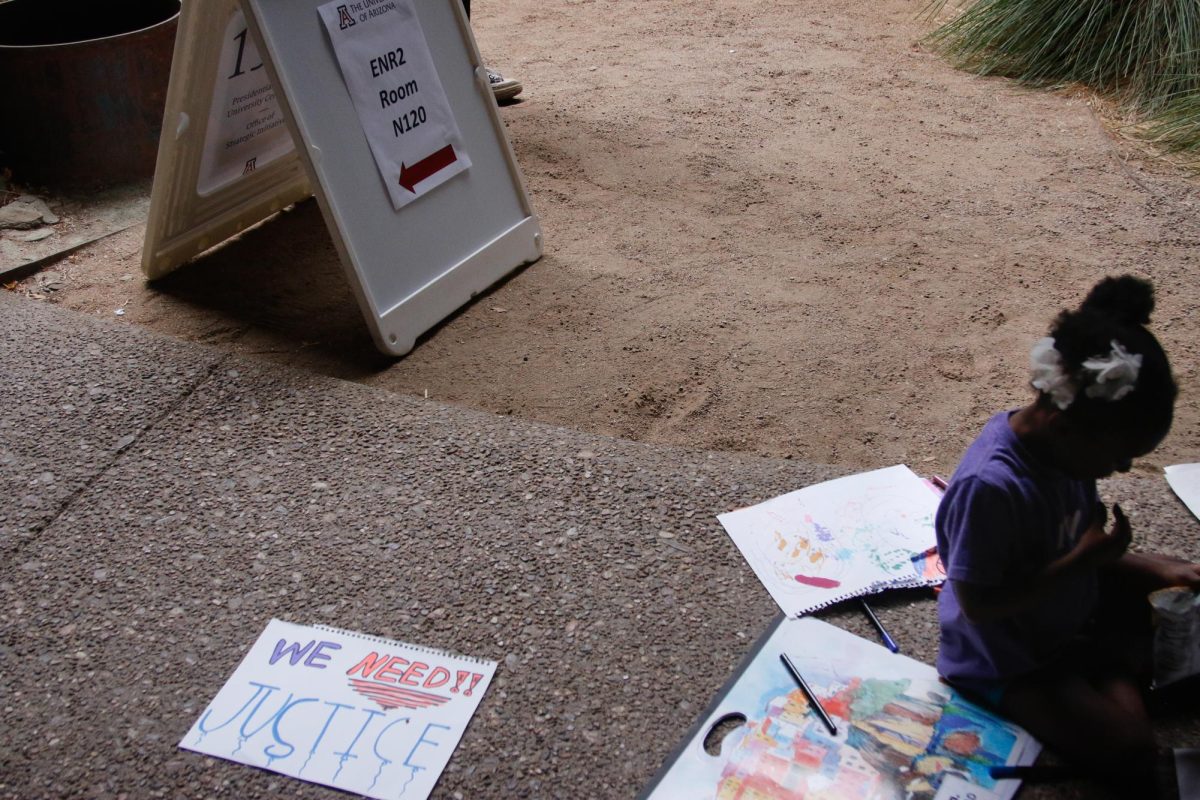Thousands of unemployed Arizonans could be stripped of their benefits if three bills approaching passage in the legislature become law.
Critics say GOP legislators are attacking the unemployed on all sides with S.B. 1495, H.B. 2150 and H.B. 2519, which could yank benefits from applicants who fail or refuse to take a drug test, almost double the minimum yearly earnings required to collect benefits and widen the definition of unemployment-insurance-exempt workers.
Currently, unemployment insurance provides more than 99,000 Arizonans who have lost their job a weekly stipend. The minimum weekly payment is $60, and the maximum is $241.
Statistics show Arizona’s unemployment insurance system does suffer some major cost issues with 20 percent of all payments improperly paid, Arizona has given out over $424 million too much over the past three years, according to data from the Bureau of Labor Statistics.
That’s the fourth highest rate of improper payment, only surpassed by Indiana, Louisiana and New Mexico.
Additionally, the unemployment fund, which is supposed to be financed by local employers and the federal government, is $392 million in the red, accruing about $5 million in interest every year.
Nor is time on unemployment short: the average time, according to the Arizona Department of Economic Security, is 56 weeks. Today, maximum time a person can draw unemployment is 99 weeks due to a federal extension. The state provides benefits for up to 26 weeks and the federal government pays after that.
Arizona DES officials say mistakes in the authorization and processing of unemployment claims is due to a 30-year-old computer system that is being updated over the next few years.
But supporters of these bills said changes to the law are needed now to ensure the solvency of the fund and prevent future abuse.
Federal officials said proposed requirements could increase the size and cost of the federal government in Arizona, but small business owners say this is necessary to protect the portion of their tax money that goes toward unemployment insurance. For the Department of Economic Security to implement H.B. 2150, for example could reach upwards of $10 million—including financing more than 100 new federal jobs.
Of the many changes to unemployment insurance law, drug testing the unemployed is one proposed way to limit unemployment insurance collection for people without work.
S.B. 1495 requires that all unemployment insurance recipients submit to random drug testing that they have to pay for themselves. Officials with the Department of Economic Security said this mandate could put the state in violation of federal law and could jeopardize $20 million in administrative funding and extended unemployment benefits.
“It’s simply fair to the taxpayers. If we’re going to pay people to look for the job the very least they can do is look for it soberly,” said bill sponsor Sen. Steve Smith, R-Maricopa.
Arizona taxpayers don’t pay for unemployment insurance, though. The fund comes from a combination of federal dollars and taxes state employers pay based on wages their workers earn.
“That’s a cost of [employers] doing business,” said Ellen Katz, a lawyer with The William E. Morris Institute for Justice, an advocacy group for low-income Arizonans. “It’s based on the wages they pay someone. Unemployment is a program we have so people who lose their job through no fault of their own have some assistance temporarily.”
Katz added that S.B. 1495, which orders random drug tests, violates the 4th Amendment and would qualify as an unnecessary search and seizure.
This isn’t the only bill addressing drug testing, though. A provision in H.B. 2519 lets employers notify DES of failed tests instead. The bill stipulates that failure to pass a drug test or refusal to take one, as a condition of employment, would kick someone off unemployment insurance.
But H.B. 2519 doesn’t stop at drug testing. The bill also doubles the minimum earnings required to qualify for benefits.
The math is complex, but essentially employees would have to be making more than $12,000 a year to qualify, up from the previous $6,000 a year.
If enacted today, this would strip 8,341 people of unemployment benefits, according to DES, or about 8.4 percent.
“That’s a pretty substantial change to the low wage earners in our state,” said Debbie McCune Davis, D-Phoenix. “The population applying for AHCCCS grew during the recession, 20 percent fell below poverty rate, and that seems to me to be the same group of people we’re targeting with this bill.”
In addition to cutting that bottom 8.4 percent, proposed legislation also would make it easier for employers to deny unemployment insurance coverage by extending the appeals window for employers and expanding the definition of insurance-exempt workers.
Small business owners supporting the extension from 15 to 60 days of appeal said they often don’t even get to appeal a claim because the window is so small.
But Rep. McCune Davis said this extension of appeal time could slow approval for all unemployment claims, making it harder for qualifying jobless to receive benefits in a timely manner.
“What I think is more valid here is that we support the small business owner and we support the survival of the small business first,” said bill sponsor Tom Forese, R-Gilbert.
“Yes, I think there would be some delay (for an individual to collect benefits), but where is the employee without the employer and where is our economy without small businesses?” Forese asked.
H.B. 2150 changes the definition of an independent contractor, a worker for whom an employer doesn’t have to pay unemployment taxes or social security. Typically, there are two ways to define an employee: actual control; and right to control a worker. Actual control means delineating the hours, location, and services offered to the worker; right to control means having the authority to control how work results are achieved though the hours, location, and tools. The bill proposes to limit the definition of employee to one who is actually controlled—something Katz said could cost the entire unemployment system in the long run.
“Studies show that employers misclassify persons who are employees as independent contractors,” Katz said. “Why? In many situations, it is to save money.”
Overall, these bills are response a system that some say is broken, but others say is vital to a struggling economy.
“These bills will make it harder to get unemployment,” Katz said. “That’s the reality for people.”
But small business owners and bill supporters argue that these changes are necessary to prevent abuses to the system that is contributing to insolvency of the unemployment insurance trust fund itself.
Legislators, the business community, and the governor have been trying to tackle the unemployment insurance fund since last legislative session, said Karen Fann, R-Prescott, sponsor of H.B. 2519.
The business community believes that these federal loans threaten the solvency of the entire state’s unemployment fund.
“We’re trying to get that solvency back,” said Greater Phoenix Chamber of Commerce Vice President Michelle Bolton. “We’re trying to get [the unemployment insurance fund] back on track.”
But DES contends that there’s no danger of the state not having enough money to disperse unemployment insurance, despite their outstanding balances.
“We are not in default. We have applied for and received approval from the U.S. Department of Labor to borrow funds for the payment of initial benefits,” said Kevan Kaigh, a spokesman with the Arizona Department of Economic Security. “The loan is to be repaid with funds collected under the normal state unemployment taxes, special assessment and potentially an increased Federal Unemployment Tax Act (FUTA) amount on employers.”
But state lawmakers in support of these bills say the changes to the system are necessary. Sen. Ron Gould, R-Lake Havasu, reiterated in committee that unemployment benefits were a privilege provided by the state, not a right, something Sen. Rick Murphy, R-Phoenix, echoed.
“We want to protect those people who want to protect themselves and help themselves,” said Rep. Vic Williams, R-Pima County. “But it also starts to separate those who are abusing the system.”
Mejdrich is a senior at the University of Arizona and is the Bolles Fellow this semester covering the Legislature. The fellowship was named to honor former Arizona Republic investigative reporter Don Bolles who was assassinated in the line of duty.








